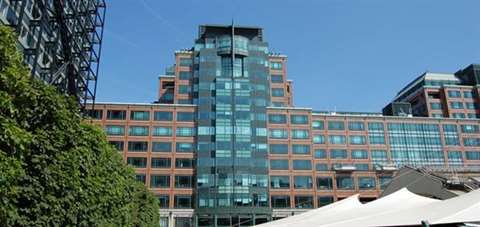Economic recovery post coronavirus could be ‘robust’
18 March 2020
Economic recovery from the negative effects of the coronavirus pandemic could be robust, according to the European Bank for Reconstruction and Development (EBRD), which has launched a €1 billion (US$1.1 billion) emergency solidarity package to support companies in the countries it serves.

The COVID-19 strain of coronavirus is currently disrupting business across the globe, but once contained, EBRD economists report the rebound could be swift and significant within the 38 emerging economies the bank invests in on three continents.
More detailed economic forecasts for the EBRD regions will be issued at the end of March.
Meanwhile, in the US, Congress is considering a US$1 trillion economic stimulus package, the largest in modern American history.
According to the EBRD’s economists, the actual and feared impact of the coronavirus is affecting supply and demand simultaneously. The final economic impact will depend on the duration of the pandemic, as well as policy response by national authorities and governments in key export markets.
Countries are being affected directly by public health measures put in place to fight the virus as well as by precautions taken by individuals. Containment efforts will lead to lower consumption of services, such as restaurants, recreation, and to some extent, transportation. Household consumption of goods could also be negatively affected due to uncertainty created by the pandemic.
As demand decreases, many firms, especially small- to medium-size enterprises (SMEs), might experience a sharp decrease in revenues, tightening their liquidity. Overleveraged firms will record higher liquidity constraints, increasing the risk of bankruptcy.
ERBD reports this might be mitigated by the banking sector, which could allow delayed payments, and depends on the health of the banking sector, as well as the crisis measures imposed by the authorities.
In a more severe scenario of a prolonged crisis, some companies might resort to laying off employees. Indirect effects on EBRD economies include the disruption of global supply chains, weaker foreign demand, lower oil and commodity prices and wide regional declines in tourism and travel.





